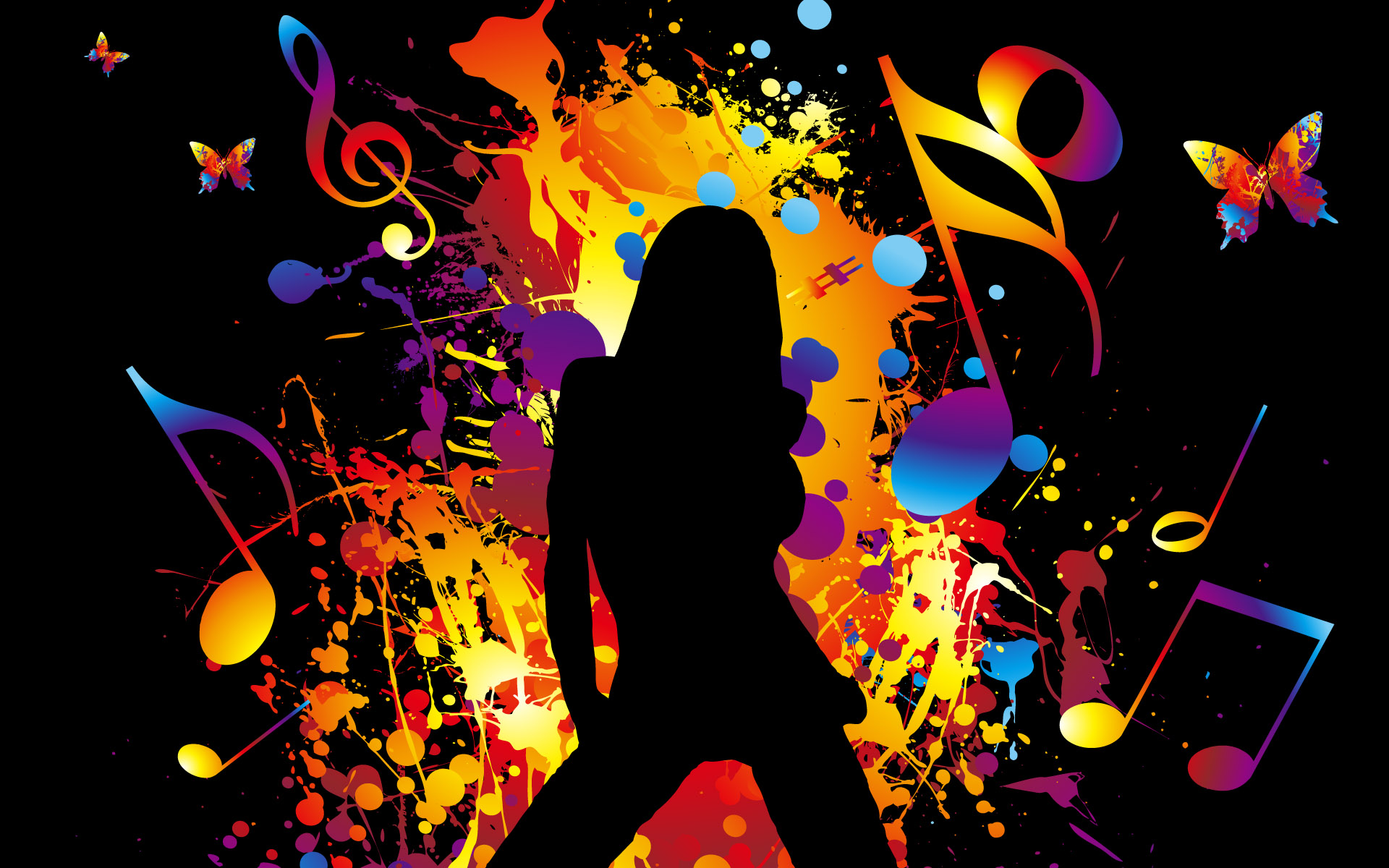Heavy Metal fans are gentle and creative

“I love Slayer, Megadeth, and lots of cuddles” might not be as outlandish as it sounds. According to music psychology scholar Adrian North, PhD, who conducted a three-year study correlating the musical preferences and personality traits of more than 36,000 participants, heavy metal fans “are quite delicate things” who are “basically the same kind of person” as classical music lovers, only younger. Read on for more findings from North’s awesome survey, plus many others that aim to explain the bond between you and your favorite music.
Classical fans are smart

Reflective and complex is a perfect description of both classical music and the people who listen to it. According to Dr. North’s research, classical lovers are creative, introverted, and show high self-esteem; they see listening as a theatrical experience and share a mutual “love of the grandiose” with metal fans, though they tend to be older and make more money. They also may be smarter, according to a 2009 comparison of students’ SAT scores with their most-liked bands on Facebook. The study found that students who like Beethoven had an average SAT score of 137; more than 100 points higher than fans of the second-place entry (indie instrumentalist Sufjan Stevens). As for the lowest-scoring students? They love Lil Wayne. But don’t let that color your opinion of hip-hop fans…
Hip-hop fans are extroverts

Energetic and rhythmic listeners, hip-hop fans enjoy the social aspects of music: dancing, singing along, and experiencing it with others instead of imprisoning it in a pair of headphones. Like rappers themselves, hip-hop fans rated as extroverted and had high self-esteem in North’s research. Another study shows that rap fans may share a quality with Kanye West known as “blirtatiousness”; that is, the tendency to blurt out thoughts as soon as they are formed.
Pop fans are outgoing and nervous

Chart pop fans showed a lack of creativity compared to other categories, and tend to be worriers. They are, however, outgoing and sociable, and have high self-esteem. (In general, extroversion is linked with with a love of happy music). Listeners who incessantly replay chart-topping singles may be more likely to use music to regulate their mood, as the brain has been shown to release dopamine before the peak of one’s favorite song.
Rock fans are easygoing but selfish

Classic rock fans work hard and are generally at ease with themselves. The trade-off: They’re more self-centered than other listeners (anyone who has tried to score a spot at a crowded music festival can attest to this.) Like their pop-loving counterparts, fans of the yesterday’s hits are likely to use music to regulate their mood, as your favorite songs are often associated with intense emotional life experiences. Not all rock is created equal, though. Indie rock fans, on the other hand, tend to be creative and open to new experiences (and openness leads to musical aptitude), but have low self-esteem and work ethic. Punk rock fans are intense, energetic, and low on empathy.
Folk, jazz, and blues fans are deep thinkers

Much like classical fiends, these listeners are reflective, open-minded, and highly creative. They take their politics like they take new experiences: liberally. They are more likely to use music to exercise their brains than their bodies. If you play jazz improv, you may even turn off part of your brain to unlock extra creativity.
Country fans are hardworking and close-minded

Not surprisingly, country listeners are unpretentious and high on empathy. They are generally agreeable and extroverted, and typically hard workers. Proving the stereotype true, country fans are likely to be politically conservative, and less open to other types of art and music.












